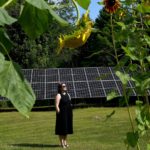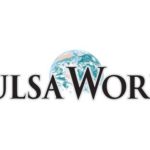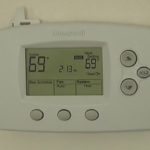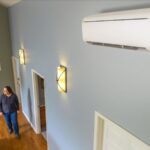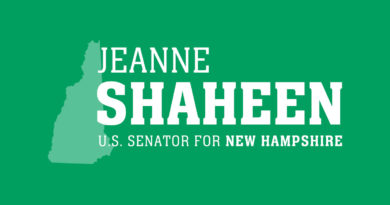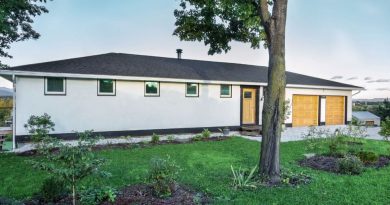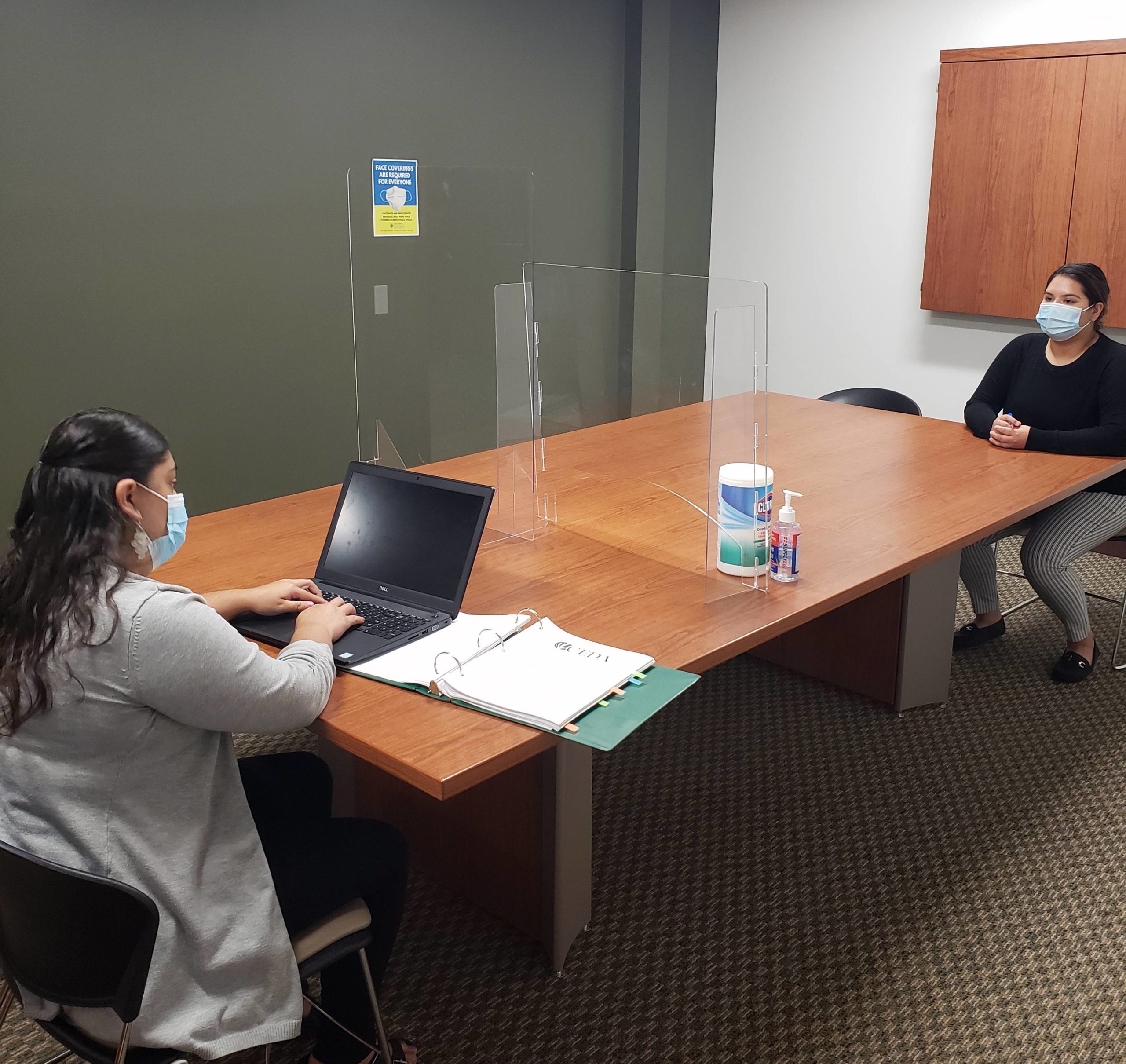Burnsville will pay half the cost of home energy audits – ECM Publishers
Energy Disrupter
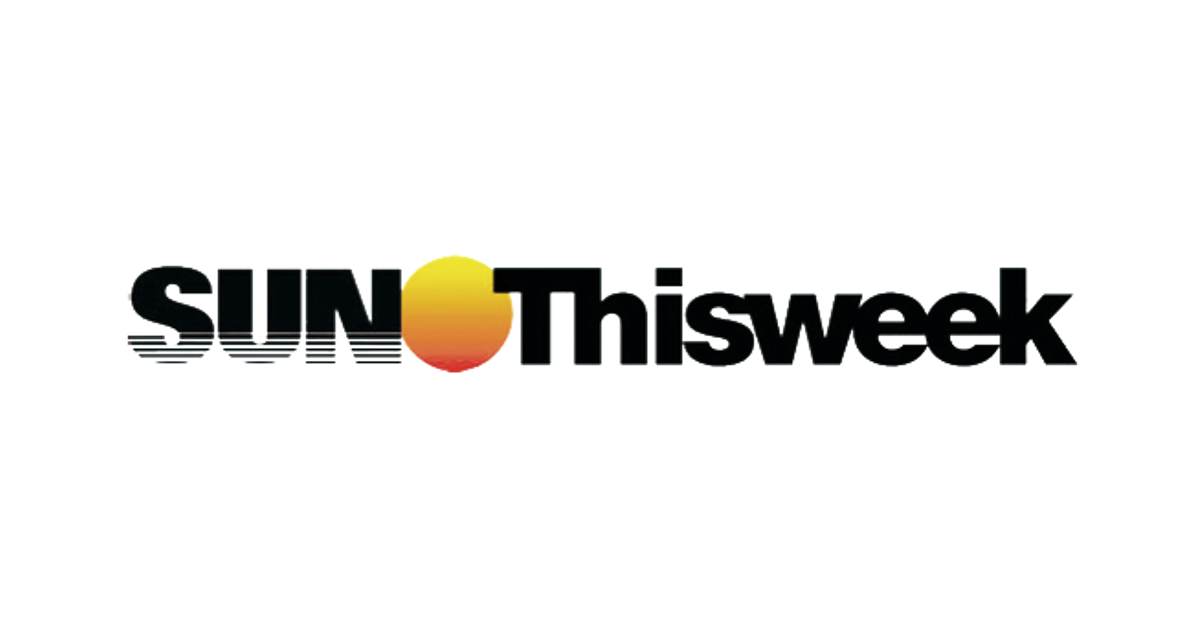
City teams up with nonprofit
Burnsville homeowners can get home energy audits at half the cost, thanks to a new city program.
The city recently launched a two-year contract with the Twin Cities-based nonprofit Center for Energy and Environment, which provides technical expertise on energy efficiency for new and existing homes and businesses.
CEE’s Home Energy Squad provides in-home audits through partnerships with nearly 20 metro cities. Burnsville is the first in Dakota County.
The city has budgeted $10,000 to pay half the cost of the audits. CEE recommends audits costing $100 for homes built before 2000 and $70 for homes built after 2000.
The program meets the city’s sustainability goals for energy conservation and an economic development goal of making residents aware of programs available to maintain housing stock, according to the city.
Because of building code changes since 2000, “Any homes that were built before the year 2000 could really use a good look through an energy audit to help them prioritize what their opportunities are,” said Stacy Boots Camp of CEE.
More than 400,000 Minnesota homes have inadequate insulation, which wards off cold in the winter and heat in the summer, Boots Camp told the Burnsville Economic Development Commission on May 12.
There’s no guarantee of any insulation in homes built before 1970, she said.
“We have a big opportunity in Minnesota to really capture a lot of energy savings just by simply insulating the homes that have not yet been insulated,” Boots Camp said.
Sixty percent of Minnesota homes were built before 1980, she said.
At no extra cost, CEE technicians will supply and install some energy-saving materials during home visits, such as weather-stripping around doors, programmable thermostats, LED lightbulbs, high-efficiency showerheads and faucet aerators, Boots Camp said.
Technicians assemble a customized energy report for the homeowner that gives a visual representation of a home’s energy efficiency and outlines possible next steps.
Each home gets an energy “fitness” score ranging from zero to 100. Homes at 96 or higher qualify for an Energy Fit Home Certificate, “which is starting to be recognized during home sales,” Boots Camp said.
The average Minnesota household spends $1,860 a year on natural gas and electricity, she said.
“Being able to put money back into those pockets by making their homes more efficient is usually the biggest driver of efficiency for not only homeowners, but also cities to encourage people to do that,” Boots Camp said.
Video and phone audits are also available, she said.
Burnsville has had a “great” response from residents in the short time the half-price audits have been available, said Chris Forslund, the city’s licensing and code enforcement coordinator.
“I think this is just a terrific program. It’s wonderful,” said Economic Development Commissioner Jeff LaFavre. “It’s right up the alley of what we’ve been talking about to help our community be better.”
Single-family homes, most condominiums, and two- through four-plex homes are eligible for the audits, Boots Camp said. They’re available citywide, in areas served by Dakota Electric, Xcel and CenterPoint.




